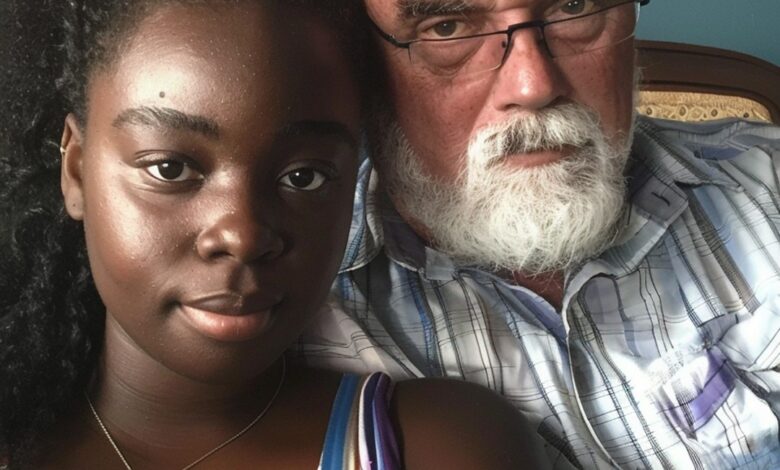For 30 Years, My Father Made Me Believe I Was Adopted, I Was Shocked to Find Out Why

For three decades, I lived with the belief that I was adopted after being abandoned by my biological parents. This story, deeply ingrained in my identity, was completely upended by an unexpected visit to the orphanage I thought was my first home.
As a child, my father often sat me down to remind me of my origins: “Your real parents couldn’t take care of you, so they left you to someone who could,” he’d say with a tone that seemed reassuring. These conversations, meant to provide comfort, instead sowed seeds of abandonment in my young mind.
With time, these seeds grew into a gnawing need to understand where I came from. Eventually, I decided to visit the orphanage to uncover details about my early life and perhaps find closure. However, what was supposed to be a journey into my past turned into a revelation that shattered everything I knew.
Upon arriving at the orphanage, I met with the director, a kind woman who patiently listened to my story and agreed to help me search through their old records. After hours of digging through dusty files and aging computers, she looked up with confusion apparent in her eyes. “I’m sorry,” she told me gently, “but there’s no record of you ever being here.”
Stunned, I insisted there must be some mistake. But the more we searched, the clearer it became: there was no evidence of my ever having been adopted through this facility. Confused and increasingly anxious, I drove home to confront my father with this baffling discovery.
That evening, as I laid out the facts before him, his face grew pale, and his eyes dodged mine. After a tense silence, he finally spoke, his voice barely a whisper. “There was no adoption,” he confessed. “You were never abandoned by anyone. Your mother had an affair, and you were the result. I made up the adoption story to protect us from the shame and to give you a sense of legitimacy.”
The floor seemed to fall away beneath me. The story of my life, built on a foundation of sacrifice and rescue, was a fabrication. The parents I’d imagined, who had loved me but left me for my good, never existed.
The emotional fallout from this revelation was immediate and devastating. The man I respected for his honesty and integrity had deceived me not only about my origins but about the very core of who I was. This lie, crafted to shield me from stigma, had instead instilled deep-seated feelings of unworthiness and rejection.
Now, armed with the truth, I was left to reassemble my identity in the shadow of betrayal. I needed to find a way to forgive, not only my father for his deception but also myself for the unwitting role I had played in perpetuating this false narrative. The road to reconciliation would be long and painful, but it was a journey I was now compelled to undertake, in search of genuine healing and a true sense of belonging.